24 Hours Hotline: +86 137-3541-1378
Email:shanghai@tripstoshanghai.com
24 Hours Hotline: +86 137-3541-1378
Email:shanghai@tripstoshanghai.com
Want to travel from India to China? Shanghai & Beijing are top choices for your first destination from India since both Beijing & Shanghai have international flights and there are many flights between Shanghai/Beijing with India. It takes only around 5 hours from India to Beijing and around 7 hours to Shanghai. Shanghai Private Tour offers great deals on China tours from India at affordable rates that make your vacation memorable, so you can take leisurely tour package from India to China popular cities including Beijing, Xian, Shanghai, Guilin, Chengdu and much more! Round trip air tickets between India and China, accommodation, entrance fees, meals, professional English-speking guide, city transport are all included, a complete guided tour ensure you a great tour experience!
Top Selling China Tour Packages From India
14 Days Budget China Historical Tour by Bullet Train From New Delhi India
(Beijing, Datong, Pingyao, Xian, Luoyang, Zhengzhou & Shanghai)
If you are the first time travel to China from New Delhi, capital of India, and travel on a budget, this China Historical Tour is what we recommended. 14 Days China Tour covers most of Historical site of Beijing, Datong, Pingyao, Xian, Luoyang, Zhengzhou, Shanghai. With your expert guide, you will wander around tranquil classical Stone Carving, experience the Chinese kungfu at Luoyang, learn more about the culture of Central Plains in Zhengzhou, and marvel at the life-like terracotta warriors. A complete guided tour will make your China tour memorable, and the price is acceptable!
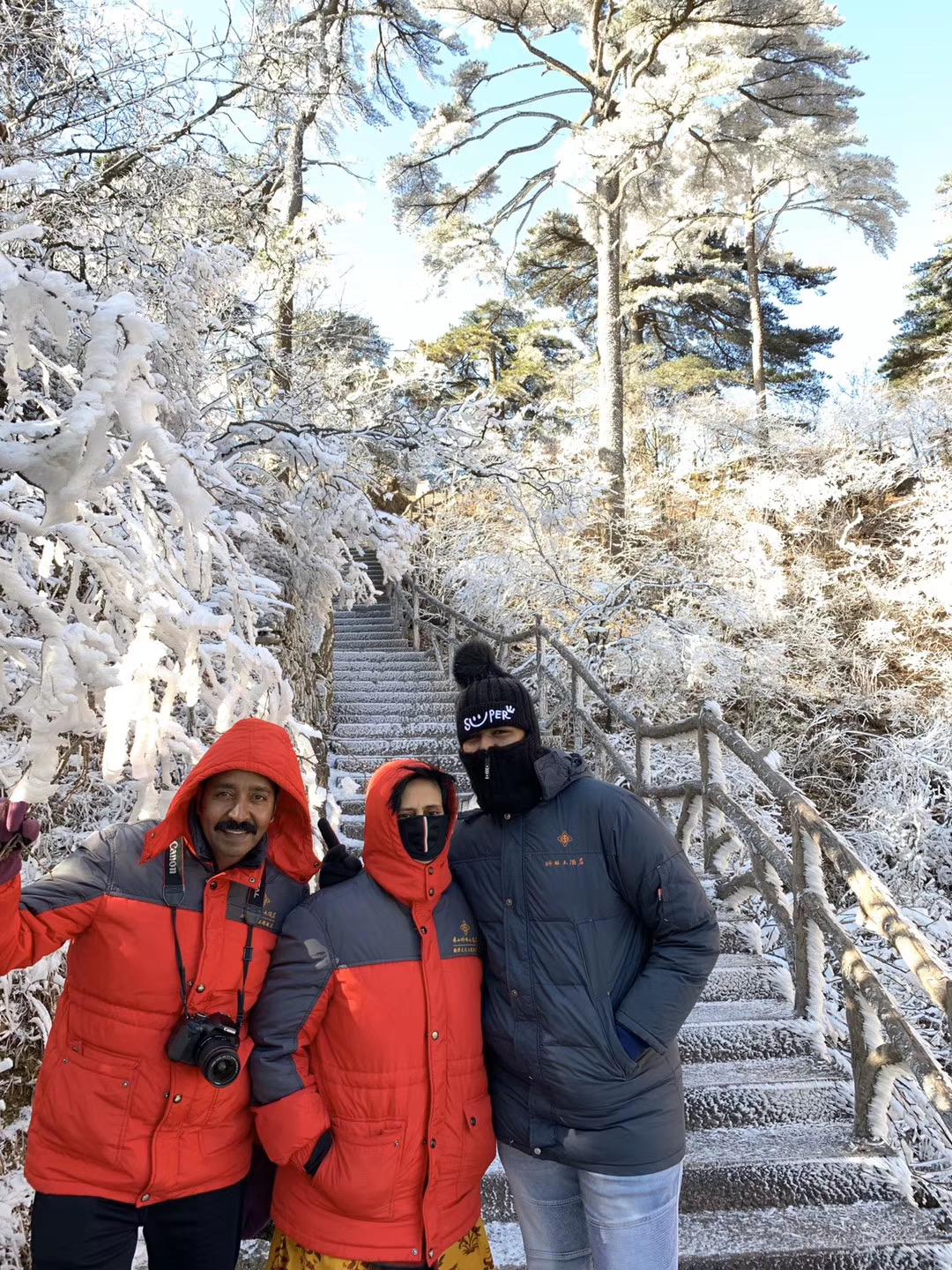
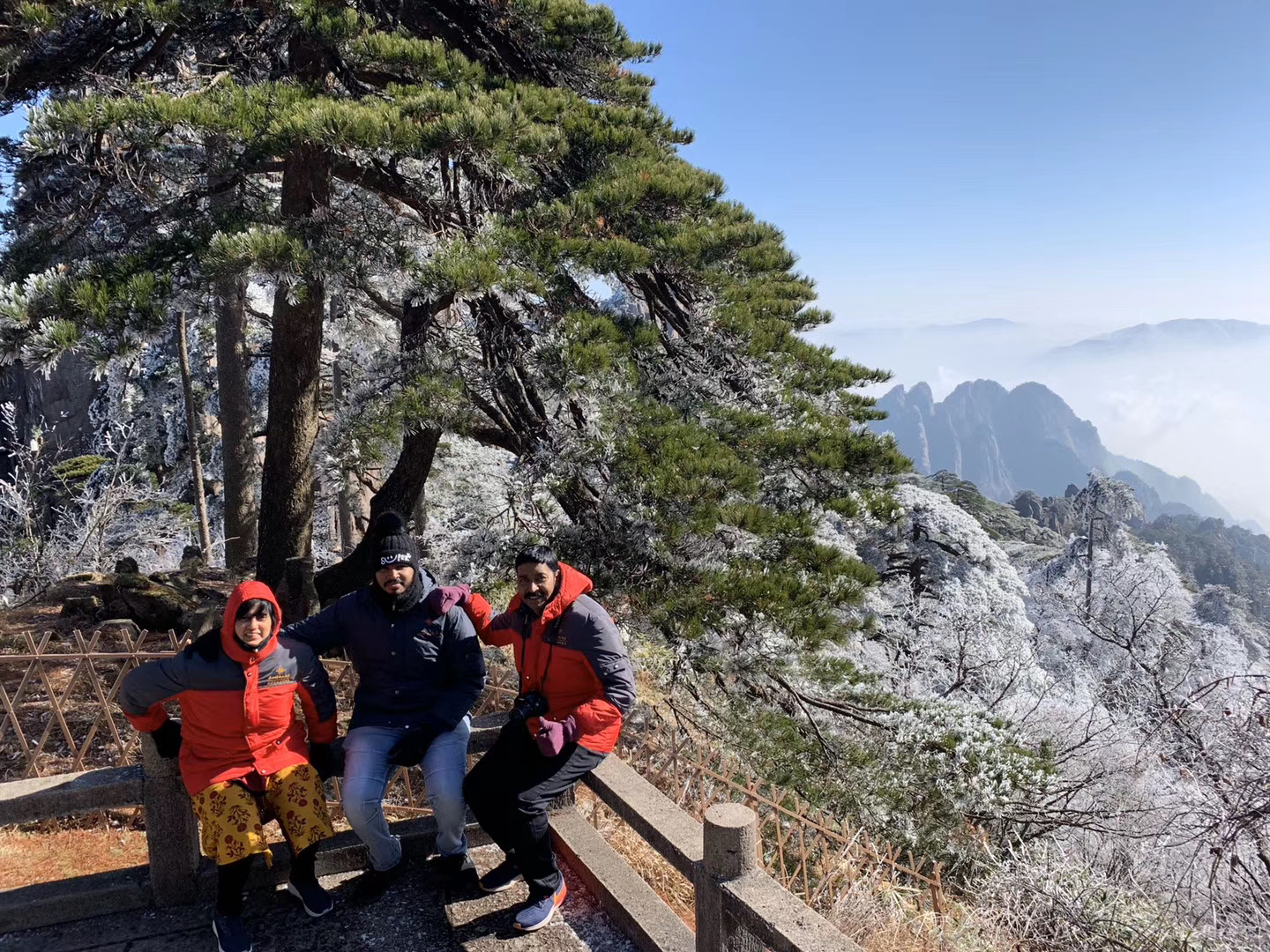
9 Days Beijing Xian Chengdu Shanghai Tour From Mumbai India
9 days may not be enough to explore whole of China from Inida, but visit the most representative cities. Start with Mumbai India, this China tour package shows you around the top attractions in Beijing, Shanghai, Xian and Chengdu, with your knowledgeable guide, and an affordable price! Panda in Chengdu, The great wall in Beijing, Terra Cotta Warriors in Xian, you'll have an amazing and personalized experience.
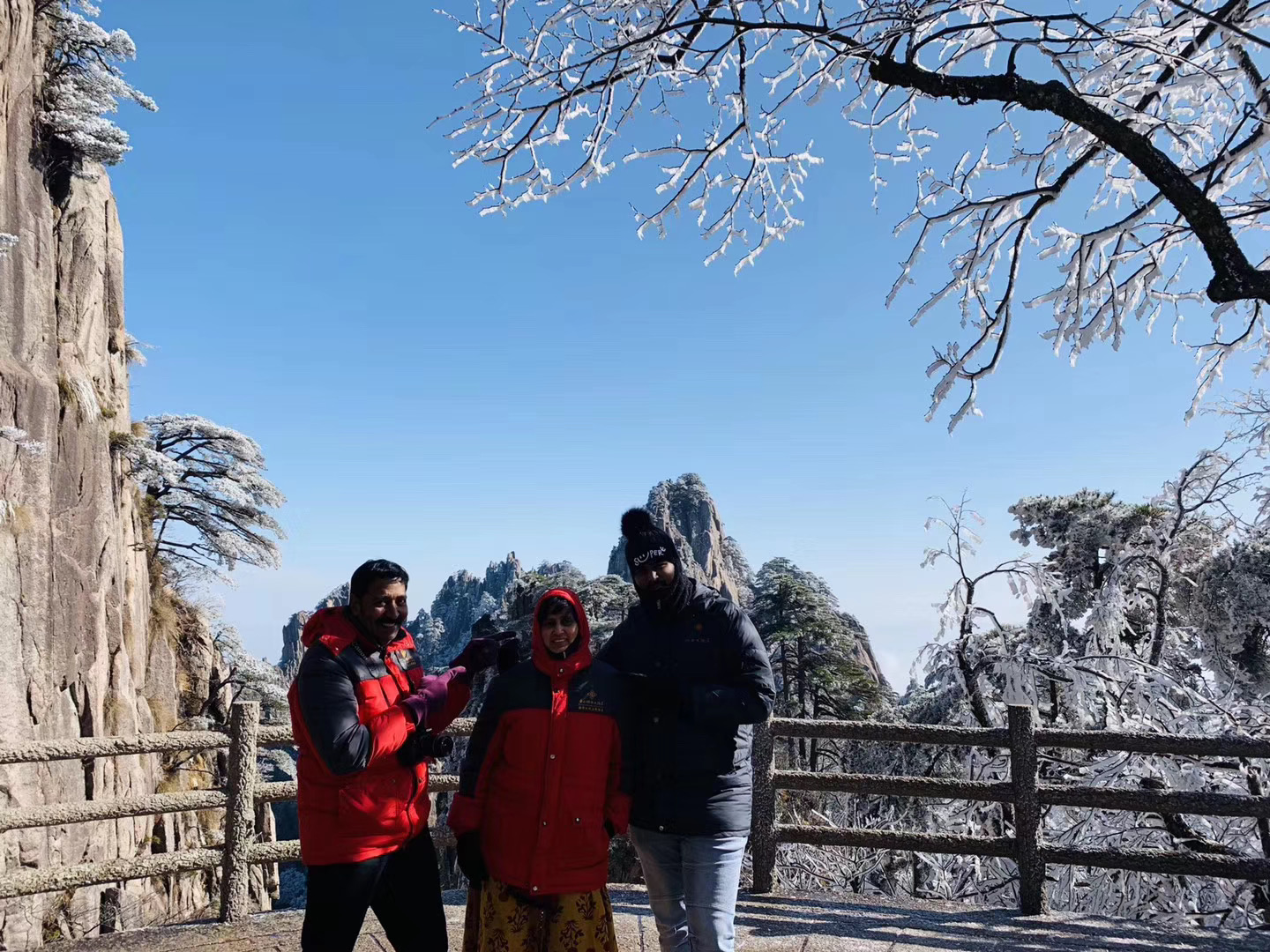
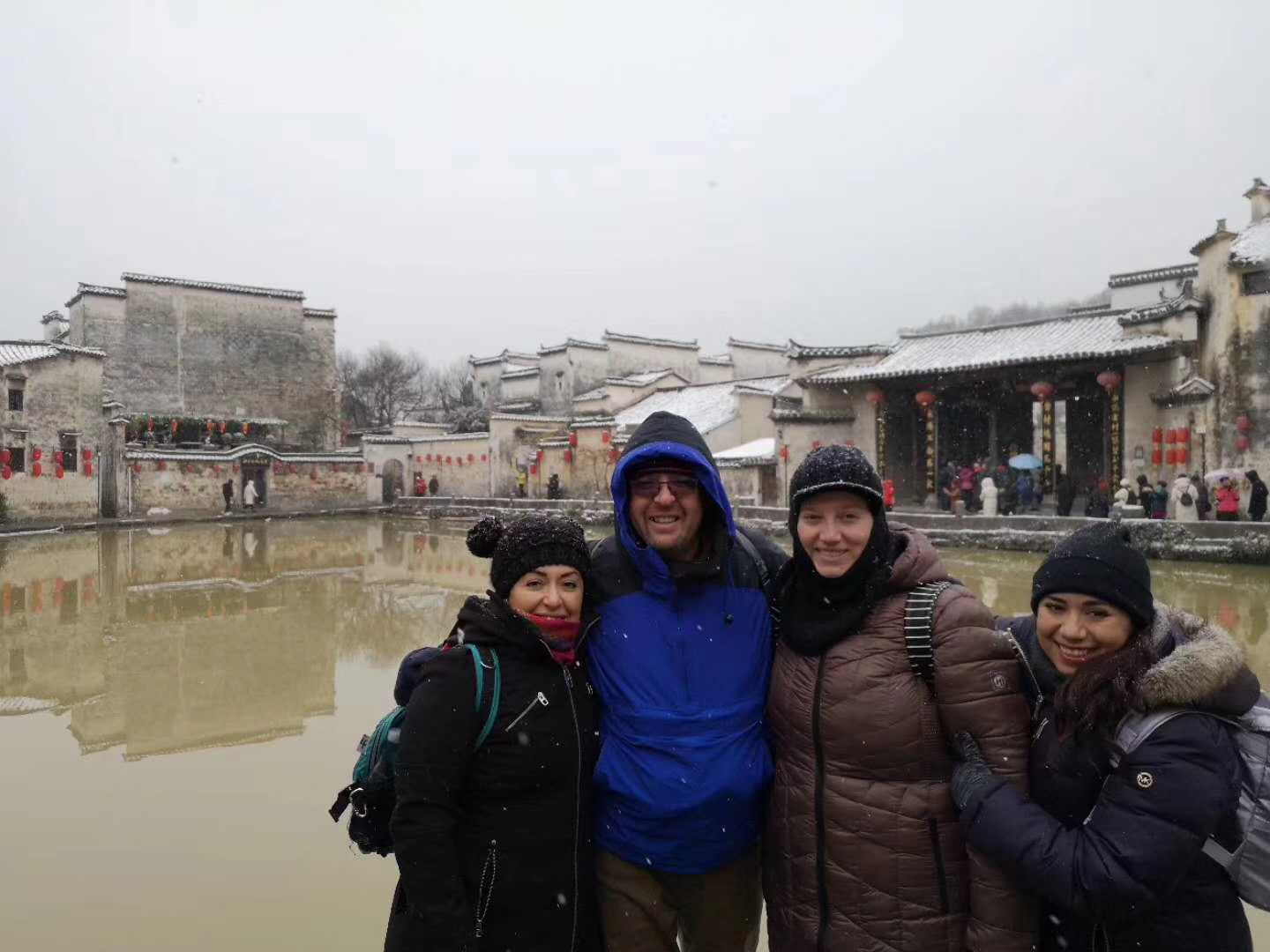
Frequently Asked Questions about planning a China tour from Malaysia
1. Is China a safe place for tourists?
China is a safe country for people from India and women don't have to be particularly concerned. However, all single travelers should use common sense and take precautions because being on your own just might single you out for some swindling. Be careful when taking a taxi at night or staying alone in a hotel.
2. What language is mostly spoken in China?
Chinese mostly speak Mandarin since Mandarin it's our official and most common speaking language in China. Mandarin is commonly referred to as "Chinese". It is the most commonly adopted Chinese language variant in government, education, business and media. It's also spoken popularly more than any other Chinese language dialects in some cities, such as Hokkien in Fujian and Cantonese in Hong Kong and parts of Guangdong.
Tibetan can still found in parts of Tibetan Autonomous Region and it's bordering provinces. In Xinjiang, many Uyghurs still speak Uyghur, a language that comes from the Turkic language family. In the Inner Mongolia province, you'll still be able to find some people who speak Mongolian and can read the traditional Mongolian script.
3. What's time difference between China and India?
There is a time different between China and India, China is 2 hours and 30 mintues ahead of India.
4. How does Indian green tea compare with Chinese green tea? Where is the best place for a tea tour from India?
Chinese green teas are light-to-medium bodied and soft in taste. This is because most Chinese green teas, such as Longjing, are slowly pan-fixed for 2 to 3 minutes. This gives the leaves enough time to release aromatic compounds and glycosides. In India, tea is generally fixed in hot metal pans. Occasionally, some producers use steam to fix the leaves in order to produce a Chinese-style green tea. All tea growing regions of India produce green teas. However, the most noteworthy green teas are produced in the Nilgiris, Assam, and Darjeeling.
If you want to come China for the authentic culture of Tea, you can go to Jiangnan Area which lies south of the middle and lower reaches of the Yangtze River, covering the provinces of Zhejiang, Jiangxi, Hubei, Hunan and the southern parts of Anhui and Jiangsu. This is most prolific tea-growing area in China, with an annual output comprising two thirds of the domestic total.The area enjoys four distinctive seasons, with affluent rainfall in spring and summer followed by a dry autumn. Tea farms here are often located in hilly areas and sometimes in high altitude, mountainous regions. Varieties produced in this area include green, black, oolong, as well as various scented teas, among which Dragon Well (Longjing) from Zhejiang Province and Biluochun from Jiangsu Province are top varieties. Teas from Jiangnan are famous throughout China and the world.
5. When should Indians plan a China Tour from India?
China can be visited year-round for peopele from India. China is such a big country with diverse climate, and some areas are better visited at certain times of the year. For example, Tibet and Western Sichuan have comfortable temperatures in the summertime, but most coastal will be scorching at that time of year.
Summer (Jun.-Aug.) in China: Mountainous regions were perfect at this time of year, but most of Eastern China was extremely hot and humid with afternoon thunderstorms. If backpacking China in the summertime, pack light clothes that dry fast. Stay hydrated because you'll be sweating a lot if you're spending time outdoors.
Spring(Mar.-May.) & Autumn(Sept.-Nov.) in China: Spring and autumn are the best time to travel around China. Most cities like Beijing, Xian, Shanghai,etc will be at comfortable temperatures, and mountainous regions will be slightly chilly but not too cold. In autumn, certain parts of the country will look gorgeous as the leaves change colour. If you're able to, you should visit China from India in autumn.
Winter(Dec.-Feb.) in China: Winter in China varies vastly in the northern and southern parts of the country. Hong Kong and other southern cities will be quite comfortable, but Beijing, Harbin and other northern cities sees sub-zero temperatures and the occasional snowfall. Mountainous regions will be snow-covered which may make travel difficult but it will be extramely beautiful. Moreover, air pollution is at it's worst in the wintertime, so if you have sensitive lungs consider avoiding China at this time of year.
6. Is easy to find Vegetarian Indian restaurants in China?
Yes, some restaurants in China also provide vegetarian food for people who come from India. Collection of vegetarian indo-chinese recipes, Indian Chinese cuisine is adaption of Chinese seasoning and cooking techniques to Indian tastes. You can find noodles, Soups, fried rice, manchurian and many more fusion recipes that you may find in Indo-chinese restaurants. Even though the majority of the population in China is not vegetarian, there are some popular Chinese dishes you can easily find and eat because they are 100% made of food which is of plant origin.
7. Is visa required if Indians are traveling to China?
China visa for citizens of India is required. Being an Indian, if you are willing to travel to China, you must have an approved China Visa and complete all the requirements by Embassy of the People's Republic of China in India. If you are an Indian passport holder and want to enter China then you require Entry Pass/ Visit Visa. Whether your purpose to visit China is tourism, business, study or employment as per the requirements of Embassy of the People’s Republic of China, Applicant must fulfill the basic required documents formalities before going to China.
8. What's the food habits different between India & China?
The eating way and food style are different in China and India. Both cuisines are world famous and enjoyed in almost every country. The Indian Cuisine is mainly characterized by the abundant use of spices. The food taste is light and smooth and they like to eat pancake, curry rice, chicken, fish, shrimp, tomatoes, Onions, potatoes, cabbage, spinach especially like to eat potatoes. Chinese consume a lot of meat. There is a Chinese saying that the Chinese eat anything that has 4 legs except the table. In India, meat usually means chicken or mutton. We mostly use cereals and other vegetables along with some meat.
In China, people prefer chopsticks while eating; Indian food often does not require utensils to eat. Therefore, there are various forms of eating etiquette relating to the use of one's hands. You should wash your hands before eating or serving food to an Indian. Moreover, in India, avoid using your left hand if you are encouraged to eat with your hands. The left hand is considered 'unclean' since it is the hand people generally use for washing themselves.
9. Exchange Rate INR to Chinese Yuan?
The exchange rate between INR to Chinese Yuan is 1 Indian Rupee =0.098 Chinese Yuan now. At present, China will accept and convert into Chinese Renminbi such foreign currencies as US dollar British pound, Euro, Japanese yen, Australian dollar, Austrian schilling, Belgian franc, Canadian dollar, HK dollar, Swiss franc, Danish Krone, Singapore dollar, Malaysian ringgit, Italian lira, Macao dollar, Finnish markka, and Taiwan dollar. Exchange rates are issued every day by the State Administration of Exchange Control. Before leaving China, unused Chinese Renminbi can be converted back into foreign currency with a "foreign exchange certificate" which is valid for six months.
10. Is it the same etiquette for visiting Chinese buddhist temples as Indian Temples?
When visiting Chinese temples there are a few important things to keep in mind. China is a place of many different types of religious groups and philosophies that are often mixed together. You'll find Buddhist and Taoist temples all over the country from city-center to top of mountains. As well as religious sites, there are shrines dedicated to Confucius and other notables. Firstly, you should show your respect and turn off mobile phones, remove headphones, lower your voice, avoid inappropriate conversation, remove hats, and no smoking. Secondly, never touch, sit near, or climb on a Buddha statue or the raised platform the statue sits on. Get permission before taking photographs and never do so during worship. Thirdly, there is a donation box or palce where you can give money if you want to make a donation. You'll see food, money and candle donations at altars. You should never touch these.
Most etiquette are the same in China and India since the Buddhism came from India. But there is no special way to dress but remember that you're visiting a place of worship in China and no need take off your shoes when you enter a Chinese temple.
11. How to travel from India to China by Flight?
It takes around around 8 hours from Delhi India to Beijing, 6 hours from Delhi to Shanghai. The Beijing Capital International Airport and Shanghai Pudong International Airport are the most busiest airport in China, easily accessible by various means of transport. Flights to China are available from most of the top international airports in the world. From major Indian cities, airlines like Air India, Aeroflot, All Nippon Airways, British Airways, Cathay Pacific, etc., operate connecting flights to China. From India, Air India offers the cheapest airfares.
12. What are the greeting etiquette should I know if I travel to China from India?
Indians expect people to greet the eldest or most senior person first. When greeting elders, some Indians may reach down and touch the ground or the elder's feet as a sign of respect. In many parts of India and during formal occasions, it is common for people to greet with the traditional Hindu greeting of "Namaste". A common gesture when greeting is pressing the palms together with the fingertips facing upwards (i.e. in a prayer position). This greeting is sometimes accompanied with a slight bow.
In China, nodding and smiling are very common greetings. In official business meetings, you will be offered a handshake. This handshake must be initiated by your Chinese counterpart.Besides "??" (ni hao – hi, hello) and "??????" (hen gaoxìng rènshí ni – Nice to meet you), you can also say "??" (xìng huì; I'm charmed to meet you.), this proper expressions which will no doubt impress! Chinese people will always appreciate it if you can use some Chinese words, but make sure you know the exact meanings and use in the appropriate situations.
13. What is the best way to get around in China?
1). Flying domestically in China is a good way to get around, especially over long distances or if you're short on time. Domestic flights are quite cheap, even cheaper than taking the train in some cases. But flights in China are often randomly delayed due to some reasons. Depending on the route, it may save time to take the train than flight: For example, Beijing to Shanghai is 5.5 hours by high-speed train and costs $80. Flying between the two cities takes 2 hours, but you also need to add some time for airport security as well as getting to/from the airport. In this case, the train makes more sense. However, if you need to cover a large distance (let's say Kunming to Beijing), then flight is a better option. A 3.5-hour flight for $85 makes a lot more sense than an 11-hour high-speed train ride for $165 (or 46-hour slow sleeper train ride).
2). Trains in China are amazing: Outside of the most mountainous places in the country, China is extremely well connected by train.
China got the largest high-speed rail network in the world, and trains are typically very punctual. Trains are a comfortable and easy way to get around while backpacking China. High-speed trains are fast but pricey: The best way to travel quickly between a number of larger Chinese cities – high-speed train numbers begin with a 'G' prefix and typically only offer seating (they run during the daytime, so this isn't a problem). 2nd class is the cheapest option, but it is still quite comfortable enough.
Here are some useful high-speed rail routes:
Beijing – Shanghai – 5.5 hours, $80 for 2nd class
Beijing – Xi’an – 4.5 hours, $74 for 2nd class
Xi'an – Chengdu – 3 hours, $38 for 2nd class
Hong Kong – Shanghai – 8.5 hours, $144 for 2nd class
Hong Kong – Guangzhou – 1 hour, $31 for 2nd class
Guangzhou – Yangshuo – 2.5 hours, $20 for 2nd class
Shanghai – Hangzhou – 1 hour, $10 for 2nd class
For booking trains in China and viewing all available options, recommended web: www.trip.com.
3). Slow train is a perfect option for long overnight journeys
There's something very relaxing about rolling through the countryside with a book and some tasty ramen. You can get almost anywhere in China by slow train. Like the high-speed trains, they're also very punctual. Slow trains typically have three different classes – hard seat, hard sleeper, and soft sleeper.
If you're taking a short ride in the day time, go for hard seat. It's not actually hard, and experiencing a hard seat carriage on a Chinese train is an experience in itself. Hard sleeper is the most common option for long overnight journeys. Like hard seat, hard sleeper isn't actually hard. It's a decently comfortable bunk, there are six beds per section. Soft sleeper is the most comfortable, but also the most expensive option. There are four beds per section, and it has a door that can be closed to keep out any noise from the hallway.
For booking trains in China and viewing all available options, recommended web: www.trip.com.
4). Buses are frequent, cheap, and fairly punctual: If there's anywhere that trains don't go to in China, then buses will.
The main downside to bus travel is that journey times can depend greatly on traffic conditions. Buses also need to stop at road checkpoints in certain provinces, whereas trains obviously don't. Most large cities have a number of bus stations, so double-check that you're going to the right one if you plan on taking buses in China.
14. Can Indian People drink Tap Water in China?
We suggest the tourists don't drink tap water in China when you travelling. The tap water is undrinkable in most of cities in China. All local water should be considered contaminated. Bring all tap water to a good rolling boil if you want to drink, brush your teeth or make ice cubes. Otherwise, buy capped bottled water from reputable brands.
15. What are the electrical plugs used in China? Is it as the same as in India?
The standard voltage used in China is 220V, 50HZ. The voltage and plugs type in China and India are are not totally same. In China the power plugs and sockets are of type A, C and I. The standard voltage is 220 V and the standard frequency is 50 Hz. You can use your electric appliances in China, because the standard voltage (220 V) is (more or less) the same as in India (230 V). Manufacturers take these small deviations into account. So you don't need a voltage converter in China, when living in India. Perhaps you will need adapters for some sockets, many middle and high-class hotel wash rooms have transformer plugs for electric shavers and hair dryers, but it is better to be prepared with an adapter plug.
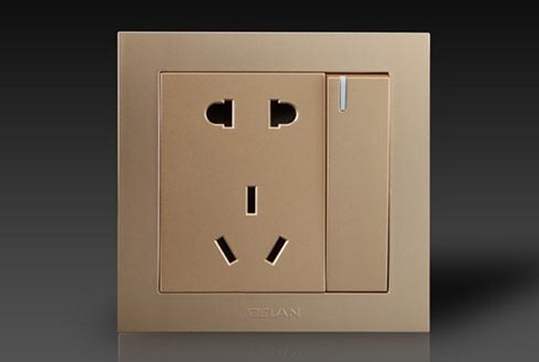
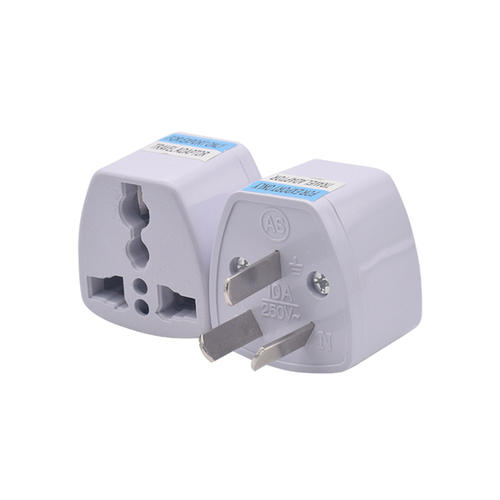
Useful Tips to Know before you are traveling to China from India
Are you planning on traveling to China from India and take an unforgettable trip in this charming country? To ensure that you have a successful trip, Shang Private Tour provide some useful tips that you need to know. For more questions on how to travel from India to China, email shanghai@tripstoshanghai.com or call+86 137-3541-1378 for details.
Bring toilet paper
One of the unusual things to know before going to China is that most Chinese toilets do not provide toilet paper. Hotels and nicer restaurants will have it available, but it’s always a good idea to carry a roll of toilet paper or a box of tissues!
Bring hand soap or hand sanitizer
Like toilet paper, hand soap is not standard in many Chinese bathrooms. Carry a small bottle of hand sanitizer with you just to be sure.
Catching taxis in China
Taxis in China are cheap and plentiful. Most drivers will not speak English, so it’s a good idea to get your destination address written in Chinese by somebody at your hotel.
Personal space
China is a crowded place, and the locals have become accustomed to a much smaller personal space than we are accustomed to in the west. Don’t be surprised if you’re jostled or shoved when queuing – it's just part of Chinese culture.
Internet & SIM Card in China
You should get a Chinese SIM card when you arrive in China since internet access in China is restricted – many sites are completely blocked unless you have a VPN. But what about internet access? Actually it is easy to stay connected while in China. If you pick up a local SIM card, you'll have signal basically everywhere you go. Purchasing a China Unicom SIM card is recomended as the other telecoms in China often don't work with foreign phones. Head to a China Unicom shop with your passport and pick a plan. Costs are fairly reasonable, CNY 100 for one week use with unlimited data. As for WiFi in China, WiFi is often pretty slow in China and usually requires a Chinese phone number to connect to it. I’d recommend getting a decent data plan and using that instead.
Tipping Practice for Visitors to China
It is a common practice for visitors to tip the tour guide and driver in recognition of their good service. Hotel bellboy expects your tips as well. It is not customary to leave tips at hotel or local restaurant as the bill usually includes 10-15% service charge.
Taking photos in China
The Chinese love to take photographs, and don’t be surprised if a local tries to snap a sneaky photo of you or even comes up to ask for a picture with you. Like in most other countries, it always pays to ask permission before photographing a person or a government building.
Download Weixin (or WeChat)
China's premier messaging app is Weixin (WeChat in English) and everybody you meet – expats and locals alike – will have it. Download the free app and set it up, as it's a great way to keep in touch with locals who may not have social media like facebook, whatapp.
Most importantly, don't be afraid to get off the beaten track. While Beijing, Shanghai, and Xi'an are worthy of their international fame, there is so much more to China than these cities and their cultural sites. China is a massive country with a rich history, over thirty distinct cultural groups, and a huge variety of landscapes to explore – don't limit yourself to the same few sites everybody else visits.
Bargain in China
At markets in China, bargaining is expected and you may even get lucky when asking for discounts in stores and shopping malls where prices are displayed - it never hurts to ask. When visiting market stalls it's a good idea to shop around before purchasing an item as prices may vary and this then gives you an idea of how much you should be paying. When you're ready to discuss prices, go in low and work your way up to the amount you're willing to pay and don't forget to smile and be friendly - it will get you further.
Pharmacies in China
Chinese pharmacies offer both western and eastern medicine at very reasonable prices. Prescription medication can usually be purchased without a prescription (within reason) by simply providing the pharmacist with your identification.
Finding a doctor in China
Chinese hospitals can be crowded and daunting, but most major cities also have specialized hospitals catering to foreigners living and working in the country. Even in the crowded public hospitals, many doctors will speak English.
Don't be shy in restaurants
Chinese waiters and waitresses aren’t as proactive as you may be used to, so don’t be afraid to throw your hands up and call for the fuyian if you want service. Also be aware that conventional western service is hard to come by. Don’t be surprised if your starter, main, and dessert all arrive at once while your friend still waits for their first dish.
Wechat: Chinaprivatetour
24 Hours Hotline:
+86 137-3541-1378
* Authentic Experiences: Genuine local experiences that immerse you in the true essence of Shanghai and beyond.
* Safety First: Highest safety standards with secure activities and reliable transportation.
* Customizable Tours: Flexible itineraries tailored to your interests and needs.
* Local Expertise: In-depth knowledge of Shanghai and China, offering exclusive insights.
* Professional Guides: Licensed bilingual guides with over 5 years of experience.
* Comfortable Travel: Experienced drivers and well-maintained vehicles for a smooth journey.
* Sustainable Tourism: Commitment to responsible tourism and supporting local communities.
* Customer-Focused: Personalized service and continuous improvement based on your feedback.
* Free Cancellation: Cancel up to 24 hours before travel for flexibility and peace of mind.
* 24/7 Support: Round-the-clock assistance for any questions or help needed.
1 to 1 tailor-made service from our professional travel advisors for the most sophisticated
Constantly excellent reviews for attraction, hotel and service Competitive price
Local experts provide quality tours Best selected knowledgeable local guides Authentic local restaurants
7*24 hours available to create you a worry-free tour. No Hidden Fees and absolutely no pressure to buy. Secured







